Newborn Breastfeeding: A Complete Guide for New Mothers
Welcoming a baby into the world is a life-changing experience, filled with love, excitement, and plenty of new responsibilities. Among the many decisions new parents make, one of the most important is how to feed their little one. Newborn breastfeeding is widely recommended as the best source of nutrition for infants, offering unmatched health benefits for both the baby and the mother.
This blog will help you understand the importance of newborn breastfeeding, its benefits, techniques, common challenges, and practical tips to make the journey smoother.
Why is Newborn Breastfeeding Important?
For the first six months of life, breast milk is often called the “perfect food.” It contains all the essential nutrients, antibodies, and hormones needed for a baby’s growth and development. The World Health Organization (WHO) and UNICEF recommend exclusive newborn breastfeeding for the first six months, followed by continued breastfeeding alongside complementary foods up to two years or longer.
Breast milk adapts to your baby’s needs at every stage. The first milk, called colostrum, is rich in proteins, vitamins, and antibodies that protect newborns from infections. As days go by, the milk composition changes to provide exactly what your baby requires for healthy growth.
Benefits of Newborn Breastfeeding
For the Baby
1. Complete Nutrition: Breast milk contains the right balance of proteins, fats, carbohydrates, vitamins, and minerals.
2. Stronger Immunity: Antibodies in breast milk help protect babies from respiratory infections, diarrhea, and other illnesses.
3. Digestive Health: It is easier to digest than formula, reducing risks of constipation or colic.
4. Cognitive Development: Research shows that newborn breastfeeding supports brain development and may improve intelligence scores later in life.
5.Bonding and Comfort: Skin-to-skin contact during feeding promotes emotional security and bonding.
For the Mother
1. Faster Recovery: Breastfeeding stimulates the release of oxytocin, helping the uterus contract and return to its normal size.
2. Calorie Burning: Mothers burn extra calories, which can aid in postpartum weight loss.
3. Reduced Risks: Long-term benefits include a lower risk of breast cancer, ovarian cancer, and type 2 diabetes.
4. Emotional Bond: Holding and feeding your baby strengthens the mother-child connection.

How to Start Newborn Breastfeeding
For many mothers, the first few days are crucial. Here are the key steps to begin successfully:
1. Early Initiation: Try to breastfeed within the first hour after birth. This helps establish the milk supply and ensures the baby gets colostrum.
2. Proper Latch: Position your baby so their mouth covers both the nipple and the areola. A good latch prevents nipple pain and ensures effective feeding.
3. Frequent Feeding: Newborns usually feed 8–12 times a day. Feed on demand whenever your baby shows signs of hunger.
4. Comfortable Position: Use pillows, nursing chairs, or supportive positions like cradle hold, football hold, or side-lying to reduce strain.
5. Stay Hydrated and Nourished: Drink plenty of water and eat balanced meals to support milk production.
Common Challenges in Newborn Breastfeeding
Despite its natural benefits, some mothers face challenges. Knowing how to address them can make a big difference.
1. Sore Nipples: Usually caused by poor latching. Using nipple creams or adjusting the baby’s position can help.
2. Engorgement: When breasts become overly full and hard. Frequent feeding and warm compresses relieve discomfort.
3. Low Milk Supply: Stress and dehydration may affect supply. Feeding often, staying calm, and consulting a lactation expert can improve production.
4. Blocked Ducts or Mastitis: Painful swelling or infection may occur. Continue breastfeeding, massage the area, and seek medical advice if symptoms worsen.
5. Baby’s Difficulty in Latching: Sometimes newborns struggle to latch due to tongue tie or prematurity. A lactation consultant can provide guidance.
Practical Tips for Successful Newborn Breastfeeding
> Watch for Hunger Cues: Signs include sucking motions, putting hands to mouth, or restlessness. Crying is often a late signal.
> Burp Your Baby: After feeding, gently burp your baby to release swallowed air.
> Avoid Early Bottles: Introducing bottles or pacifiers too early may cause nipple confusion.
>Create a Calm Environment: Reduce distractions and create a quiet, comfortable space for feeding.
> Seek Support: Join breastfeeding support groups or talk with other mothers for encouragement.
The Emotional Side of Newborn Breastfeeding
Beyond nutrition, newborn breastfeeding is a deeply emotional experience. The skin-to-skin contact, eye contact, and soothing rhythm of feeding create a strong emotional bond. Many mothers describe it as a time of peace and closeness, helping them connect with their babies on a profound level.
However, it’s also normal to feel overwhelmed at times. Fatigue, hormonal changes, and the learning curve of breastfeeding can make the journey challenging. Remember, every mother’s experience is unique, and seeking help does not mean failure.
When Breastfeeding May Not Be Possible
While newborn breastfeeding is ideal, certain medical conditions may prevent it. In such cases, expressed breast milk or formula may be necessary. Reasons may include:
> Certain infections in the mother (like HIV, untreated TB).
> Use of specific medications harmful to infants.
> Medical complications in the baby, such as metabolic disorders.
In these situations, consult your doctor for safe feeding alternatives while ensuring your baby still receives adequate nutrition.
Final Thoughts
Newborn breastfeeding is a gift of health and love from mother to child. It provides unmatched nutrition, builds immunity, strengthens the bond between mother and baby, and supports long-term well-being. While the journey can have its challenges, with the right support and guidance, most mothers and babies can enjoy a successful breastfeeding experience.
If you are a new mother, trust your instincts, listen to your body, and don’t hesitate to ask for help when needed. Every drop of breast milk is beneficial, and every moment of connection makes the bond stronger.
✨ Key Takeaway: Newborn breastfeeding is more than just feeding-it’s about nourishing the baby’s body and soul while giving mothers the confidence and joy of caring for their little one

